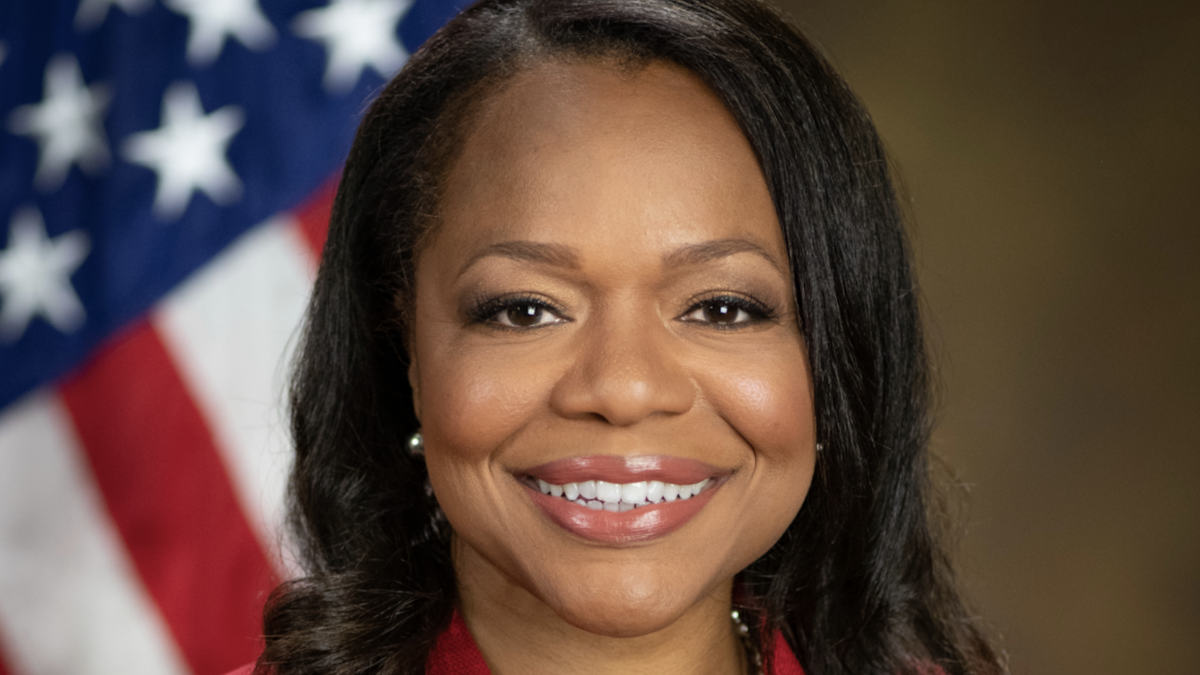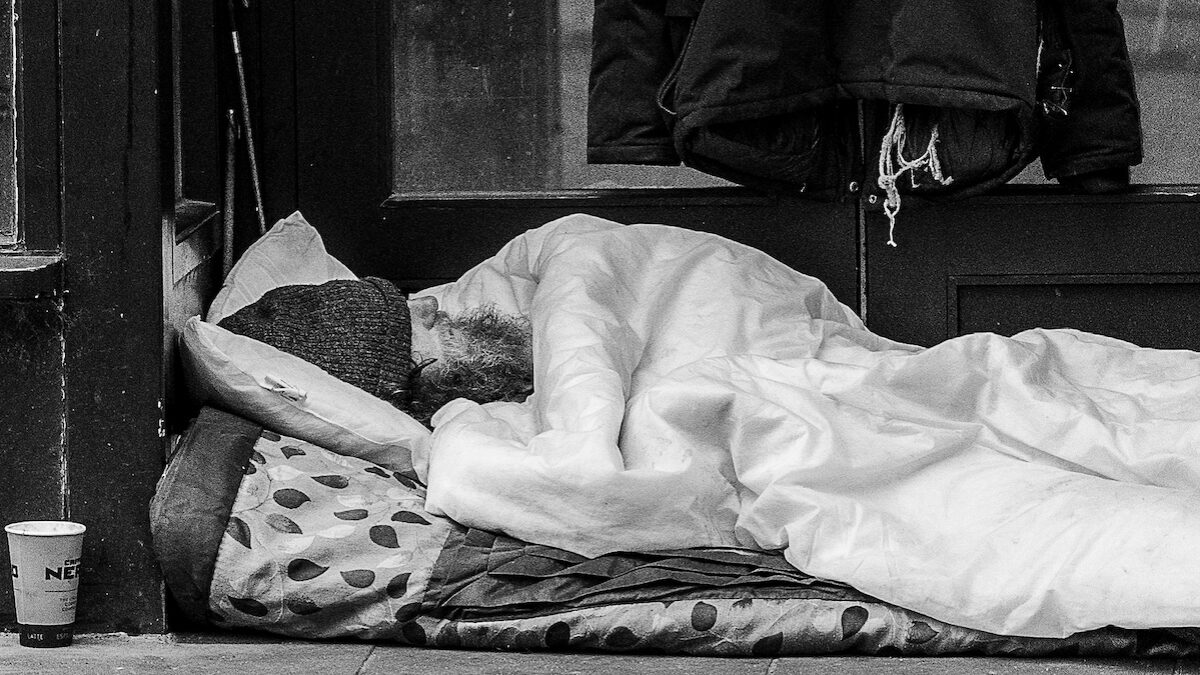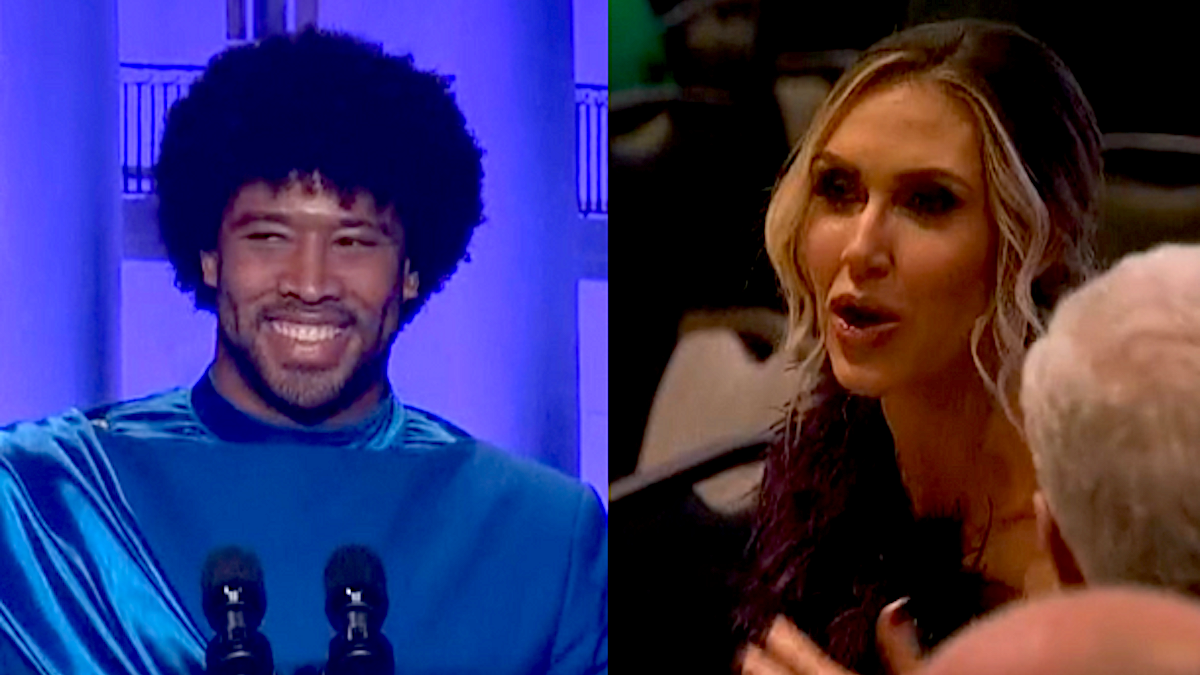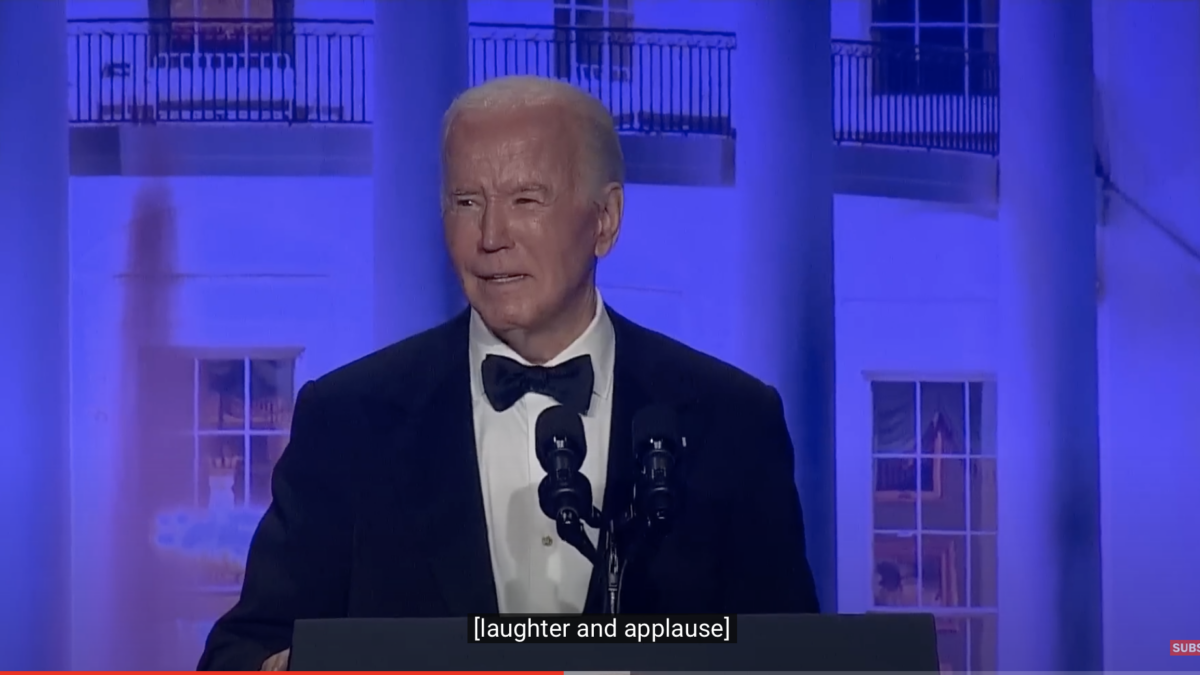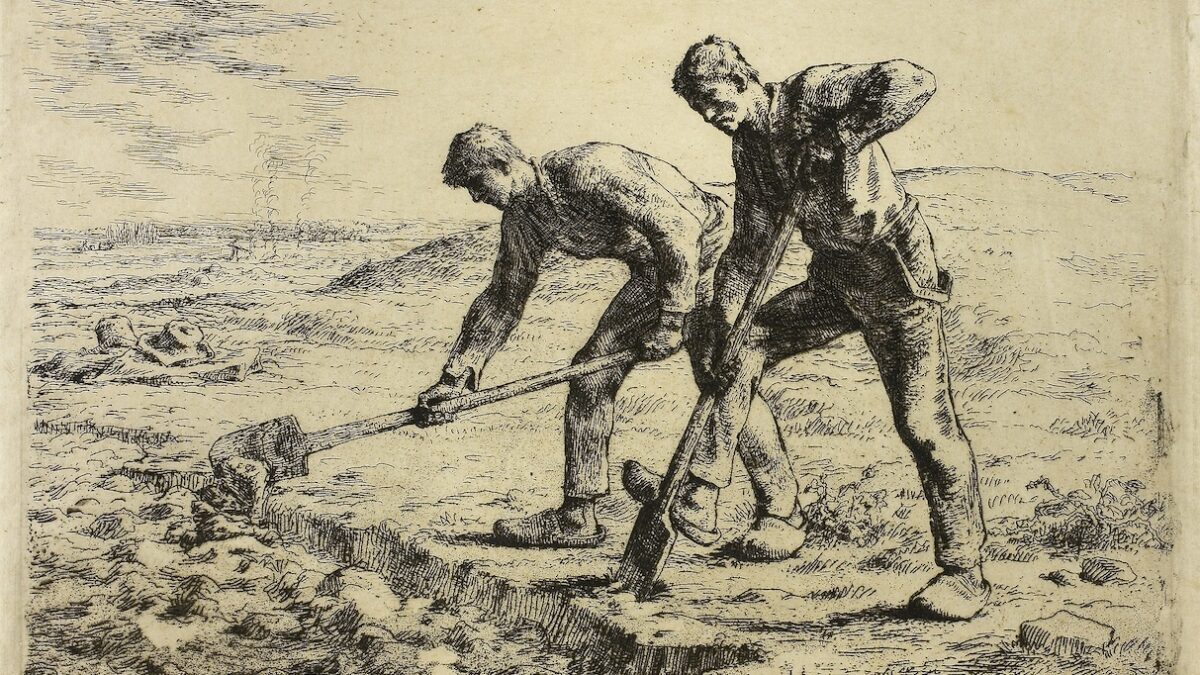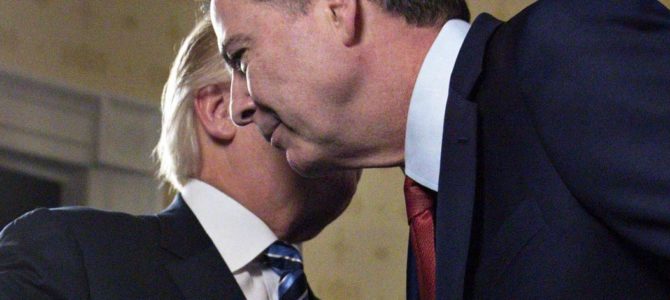
Two House committees quizzed former FBI director James Comey on Friday concerning his knowledge of the investigation into Hillary Clinton’s use of a homebrew server when she was secretary of state, and the FBI’s investigation of the Trump campaign.
The judiciary and oversight committees released a transcript of the hours-long deposition on Saturday. Here are six important takeaways.
1. We didn’t learn much — but that was significant.
Comey repeatedly responded to questions about the Trump campaign investigation by pleading ignorance, establishing he did not know of many of the facts underlying both the launch of Crossfire Hurricane and the continuing investigation. That’s concerning.
For instance, in response to Republican Rep. Trey Gowdy’s characterization of Crossfire Hurricane as a counterintelligence investigation into the Trump campaign, Comey claimed that the FBI was not investigating Trump or the Trump campaign, but had instead “opened investigations on four Americans to see if there was any connection between those four Americans and the Russian interference effort. And those four Americans did not include the candidate.” Yet Comey had never seen the “FBI’s initiation document,” which Gowdy indicated referenced the “Trump campaign.”
Further questioning revealed that Comey had no knowledge concerning the agent responsible for drafting the FBI’s late-July 2016 initiation document for Crossfire Hurricane, did not know who approved the draft of the “initial plan for the Russian investigation,” and never read or saw the initiation document. In fact, Comey said he didn’t even know how the FBI launches counterintelligence investigations, who has the authority to launch a counterintelligence investigation into a major political campaign, or whether such an investigation would need to be approved by the FBI Director. Comey did note that “there’s documentation in criminal investigations and in counterintelligence investigations to explain the predication for the opening of a file, that is, the basis for the opening of a file.”
These exchanges raise three concerning points: First, that FBI agents — including the biased, “We’ll stop Trump from becoming president” duo of Peter Strzok and Lisa Page — had the ability, without Comey’s involvement, to launch an investigation into the Trump campaign. Second, Comey’s testimony shows that he may not have known the official basis for, and scope of, the probe because he never saw the “initiation document.”
And third, the same agents who launched the investigation craft the documentation to explain “the basis for the opening of a file.” So, if the agents wanted to pin the launch of Crossfire Hurricane on George Papadopoulos’ supposed foreknowledge of the WikiLeak hack into DNC emails, they would merely need to list that as the predicate for opening the investigation.
2. Comey buys the George Papadopoulos pretext, But that’s because he doesn’t know the facts.
Although Comey testified that he never saw the “initiation document” and had no idea who drafted or approved the initiation of the probe, he unequivocally stated that the Steele dossier did not prompt the Russia probe. When asked how he knew that, Comey said:
Because I know what the basis was for starting the investigation. It was the information we’d received about a conversation that a Trump foreign — campaign foreign policy adviser had with an individual in London about stolen emails that the Russians had that would be harmful to Hillary Clinton. It was weeks or months later that the so-called Steele dossier came to our attention.
There are several problems with Comey’s explanation. First, the evidence released to date indicates at the time the FBI launched Crossfire Hurricane, it merely had information that Papadopoulos had informed Australian diplomat Alexander Downer that the Russians had damaging information on Hillary Clinton. It would be many more months before the damaging information would be cast as “stolen emails.”
Second, Comey said that while he “remember[ed] the cases being opened at the end of July,” he didn’t “know the nature and quality of any work that went on before that.” And when asked whether, prior to the end of July, he directed or had “knowledge of the FBI trying to collect information about the possible Russian-Trump campaign,” Comey said he was not aware of any such efforts. However, when pressed, Comey hedged, stating, “It’s possible I knew at the time.”
As a side note, here: Throughout his testimony, Comey said the investigation began in late July and that he was briefed on the investigation in late-July, and on one occasion he spoke of the four counterintelligence files being opened on July 29. But Democratic Rep. Adam Schiff’s memorandum explicitly stated the FBI initiated its counterintelligence investigation on July 31, 2016, and the committee members consistently noted that the investigation began on July 31, 2016.
Comey also only knew what he was told — and apparently that wasn’t much. According to his testimony, Comey never met the author of the Steele dossier, former British Spy Christopher Steele, and never spoke with Steele. He did not know of Steele’s anti-Trump bias, and he did not know that Steele worked for Fusion GPS, that Perkins Coie had hired Fusion GPS, or that the Democratic National Committee had paid Perkins Coie to provide the opposition research on Trump which culminated in the Steele dossier.
Additionally, Comey did not know whether Steele was working for the Bureau at the time he was also working with Fusion GPS. And he did not know how Steele’s information reached the FBI, but believed “he passed it to an agent that he knew and that that agent sent it on to headquarters. I think that’s the way in which it reached the Counterintelligence Division, but I don’t remember the specifics of that.” He also did not know in particular how the FBI investigated Steele’s information.
Who withheld that information from Comey, and why, is unclear, but Comey stated he believed the general counsel (who was James Baker), had told him that the information included in the October FISA application was funded by Democrats. Comey also did not know that Perkins Coie provided the information from the Steele dossier to the FBI’s general counsel, James Baker, that Baker knew Perkins Coie represented the DNC, and that Baker in turn passed the information on to the FBI’s investigative team.
Additionally, Comey did not know why the FBI terminated Steele in November of 2016. And, significantly, Comey testified he knew nothing about Steele providing information on Trump to twice-demoted Department of Justice attorney Bruce Ohr after the FBI ended its relationship with the former MI6 spy. Comey likewise said he “knew nothing about” Ohr passing on Steele’s supposed intel to the FBI by sitting down with agents for about a dozen 302 interviews. In fact, Comey did not even know that there was any contact or communication between Steele and Ohr!
No wonder Comey believes the line the FBI launched Crossfire Hurricane based on Papadopoulos’ loose lips: He says he had no idea what was going on behind the scenes, such as Steele’s July 30, 2016, meeting with Ohr.
Comey’s cluelessness makes one ponder what other information the FBI kept from him. Did the FBI agents tell Comey about Joseph Mifsud — the supposed Russian connection who tipped Papadopoulos off to the Kremlin having dirt on Hillary? Did they keep him apprised of their investigation of Mifsud and the FBI agent’s Washington D.C.-based interview of the supposed spy? (Hopefully, the House committees will raise those questions next go-around.) And did Comey see the 302 of that interview? We did learn one fact, though, from Comey: 302 summaries won’t always include classified information, so if Mifsud had a connection to Western intelligence services, as many have surmised, the 302 report probably won’t mention it.
Friday’s questioning also revealed that Comey did not know that Steele had met with media representatives in September of 2016. On this point, Republican Rep. Jim Jordan pushed him, asking about reports of a series of emails that discussed “the fact that Christopher Steele had met with representatives in the press in September of 2016.” This question likely concerned John Solomon’s report in The Hill last week, “FBI Email Chain May Provide Most Damning Evidence of FISA Abuses Yet.”
Solomon reported claims from sources that email exchanges from early- to mid-October 2016 showed the FBI was aware, prior to its first application to surveil former campaign advisor Carter Page, that Steele had contacts with the news media. The email exchanges also evidenced concerns by the intelligence community about the reliability of Steele’s dossier. If the sources are accurate, these facts provide strong evidence that the Obama administration’s DOJ and FBI intentionally withheld or misrepresented evidence to the FISA court.
Further, according to Solomon’s sources, the email chains included then-FBI Director “Comey, FBI investigators in the Russia probe and lawyers in the DOJ’s national security division.” Yet on Friday, in response to questioning by Jordan, Comey testified he didn’t know anything about those emails.
Maybe the sources were wrong. Or maybe Comey forgot. But if Comey was included on such an email chain, keeping him in the loop would be the exception because as Comey’s answers — or lack thereof — from Friday’s hearing make clear, the agents running Crossfire Hurricane intentionally cut Comey out of the information flow.
3. Comey unwittingly confirmed the FISA application failed to meet the legal standards for a FISA warrant.
In questioning Comey on his knowledge of Steele and the Steele dossier, the committee members also pushed him on the propriety of using the Steele dossier to obtain a FISA warrant for Trump’s former campaign-advisor Carter Page. Comey’s discussion of the FISA order makes two points clear: Comey’s review of the applications was superficial, and the FISA system was abused.
First, when pushed on the details of the FISA application, Comey didn’t seem to know much. He said he read the application, but then minimized his role. “The Director would want to know whether or not those representations were accurate,” he said, and whether the “carefully constructed process of the FBI had been followed, that the right people had reviewed things, that the right signoffs had been held, before I would sign the certification that came with it. That’s probably the most I can say about the role of the Director in a FISA.” In other words, Comey relied on what his subordinates told him, and as is clear by now, that wasn’t much.
Second, Comey’s testimony reaffirms the view that the FISA system was abused. The Steele dossier was included even though it was not verified beyond the fact that Page had traveled to Russia in July 2016. And in Comey’s deposition it was revealed that Sally Moyer, a lawyer in the FBI’s General Counsel’s office, had stated that without the dossier, obtaining a FISA warrant was a 49-51 or maybe 50-50 proposition.
Further, when asked about the FBI’s reliance on the Steele’s dossier, Comey suggested that it was sufficient if the FISA court knew of the reliability of the primary source (Steele). That would make it “a totally legit warrant application,” according to Comey, even if the reliability of Steele’s sub-sources was not known. That is not the law.
Yet Comey verified the FISA applications and when asked whether he had any concerns about the process that occurred around the Page FISA warrant then, or now, Comey responded “I do not.”
4. Comey is blinded to the DOJ and FBI’s blame.
Comey also used his time testifying to condemn Trump. Aided by softball questions from some committee members, Comey charged Trump with damaging national security and the reputation of the DOJ and FBI with his constant criticism of Special Counsel Robert Mueller and the DOJ.
Yet Comey ignores the fault that resides with the DOJ and FBI and he remains oblivious to the fact that half of the country views the Mueller probe as a witch hunt. Many Americans see a double-standard and they see men like Comey blind to the evidence of past misconduct by the DOJ and FBI, and ignorant of the blatant bias demonstrated by the individuals who have investigated the president.
For instance, Comey acknowledged former Attorney General Loretta Lynch’s tarmac meeting with Bill Clinton raised concerns. He concedes that several aspects of the investigation into Hillary’s handling of classified material deviated from the norm, including the FBI allowing fact witnesses to attend the agents’ interview of the former Secretary of State.
Comey also admitted that the emails transmitted on Hillary’s private server included at least 110 emails and 52 email chains that involved classified information, including eight of which were top secret. But then Comey testified with a straight face that no “reasonable prosecutor would bring any charges” against Hillary given the facts.
Comey also acknowledged the politically charged exchanges between agents involved in the investigation and further admitted that the text messages exchanged between Strzok and Page and would have prompted him to remove the agents from the Hillary and Russia investigations, and potentially resulted in their termination. Yet he continues to play the investigations off as played in political-free zones.
If Comey and other career DOJ and FBI officials truly want to rehabilitate the reputation of the DOJ and the bureau, they would stop ignoring or downplaying the past and would instead come clean, admit the mistakes, and acknowledge the role of politics or personal animus.
But they haven’t. Instead, Comey continues to sell the line that the decision not to prosecute Hillary was made “by people who didn’t give a hoot about politics,” adding that the probe into her handling of classified materials did not stray from the mark because, “The FBI doesn’t investigate people to find any crimes.” That sentiment is rich given the tentacle-reach of the Mueller probe that Comey sees as above board and beyond reproach. Half the country, though, disagrees, and sees the Mueller investigation as payback for Trump winning the election and taking on “the swamp.”
5. There may be an obstruction of justice investigation.
The next key takeaway provides a case in point. Comey was asked about his conversation with Trump concerning his former national security advisor Michael Flynn. Comey told the committees that Trump said Flynn was “a good guy” and that he hoped I “would let it go.” Comey suggested these comments were potentially enough to justify an obstruction of justice investigation because “one interpretation of it is the President asking the FBI to drop a criminal investigation.”
Yet, for all of Comey’s concerns over the president’s comments and what he now claims suffices to launch an obstruction of justice probe, Comey didn’t raise his concerns with the DOJ. Instead, he wrote a memo and met with Deputy Director Andrew McCabe, Chief Counsel James Baker, and Chief of Staff Jim Rybicki — and possibly Bill Priestap or a couple of other FBI employees — to discuss his concerns.
During this meeting, the group decided to “hold on to it, keep the information close hold” until “the Department of Justice sorted out how they were going to supervise this and then we could bring them into it and figure out what should we do to investigate this.” Comey said, “We didn’t feel we could go to Attorney General Sessions because he was about to be recused, there was no Deputy Attorney General because Mr. Rosenstein had not been confirmed yet.”
But at the time Sessions was the attorney general and there was an acting deputy attorney general. Comey and his compatriots purposefully usurped Session’s authority. From Comey’s additional testimony, it appears that he later raised his concerns with Deputy Attorney General Rod Rosenstein, following Rosenstein’s confirmation, but that “the Department of Justice didn’t get to the point of figuring out how they were going to supervise the investigation until after I was fired.”
Apparently, what the DOJ figured out was that Mueller would look into a possible obstruction of justice charge: at least that is the impression left by Comey’s testimony.
Although the scope of the Mueller probe is unknown, during questioning Comey stated that he could not answer whether he believed Trump’s firing of him constituted evidence of obstruction of justice, “because I’m a witness, in a sense.” The FBI’s attorney seemingly confirmed that point when she interjected “to the extent that question goes — again, goes to Mueller’s investigation into obstruction, the witness will not be able to answer.”
When the FBI attorney again noted that Comey “also stated that he is also a witness in the investigation,” Gowdy caught the slip, and asked, “Which investigation? Is there an obstruction of justice investigation?” FBI counsel then realized her misstep and asked Gowdy to rephrase his question to Comey and then began calling Comey “a potential witness.”
6. The committees wasted a bunch of time.
From Comey’s testimony it is clear that he did not, and does not, know much about the launch of, and handling of, the Crossfire Hurricane investigation. Yet, as discussed above, Comey’s lack of knowledge proves significant on many fronts: it demonstrates that his view on the propriety of the investigation and the FISA applications is worthless; it establishes that rogue agents had the ability to direct the investigation without Comey’s oversight; and it proves the paper trail provides a selective and slanted summary of the FBI and DOJ’s conduct.
But knowing the full extent of Comey’s ignorance would serve to inform Congress’s understanding of the breadth of the potential misconduct. Unfortunately, the Republican committee members wasted much of their time revisiting the investigation into Hillary Clinton’s mishandling of classified (and even top-secret) government information. They need to let it go! The public knows what Clinton did — and what the Obama DOJ and FBI didn’t do — and rehashing that gets us nowhere.
What Congress and the public don’t know, though, is the extent of the misconduct and rule-bending engaged in to target the Trump campaign. That should be their focus when Comey returns Dec. 17 to finish the deposition.
Given Comey’s professed lack of knowledge of several key points, it should be a quick process to run down the list of questions I previously posed, asking simply: Did you know then? Or do you know now? And if Comey testifies that he didn’t know of the pertinent facts, a quick follow-up concerning whether under normal circumstances he should have been informed of the investigative details, would provide an important insight into the handling of the investigation.


